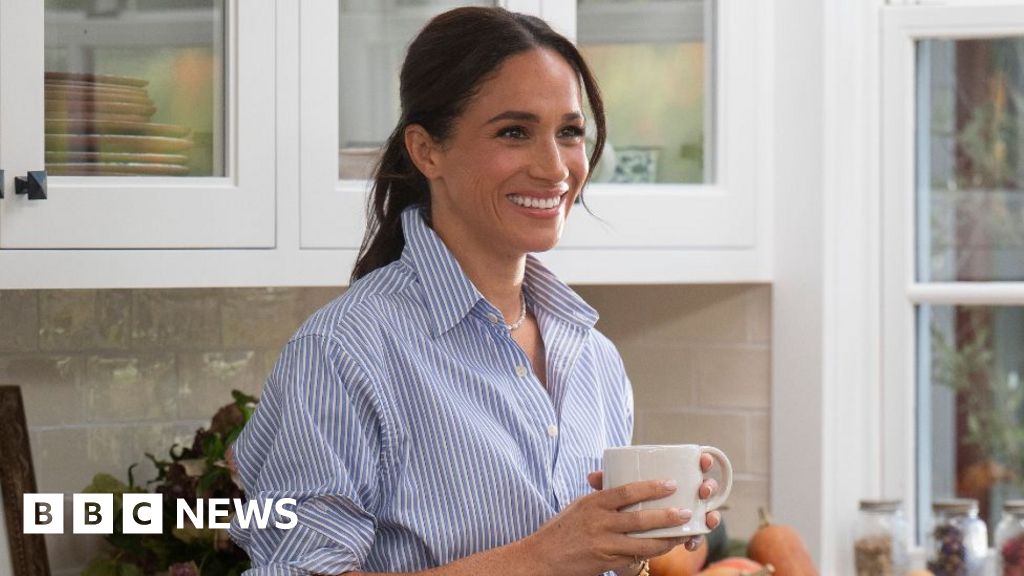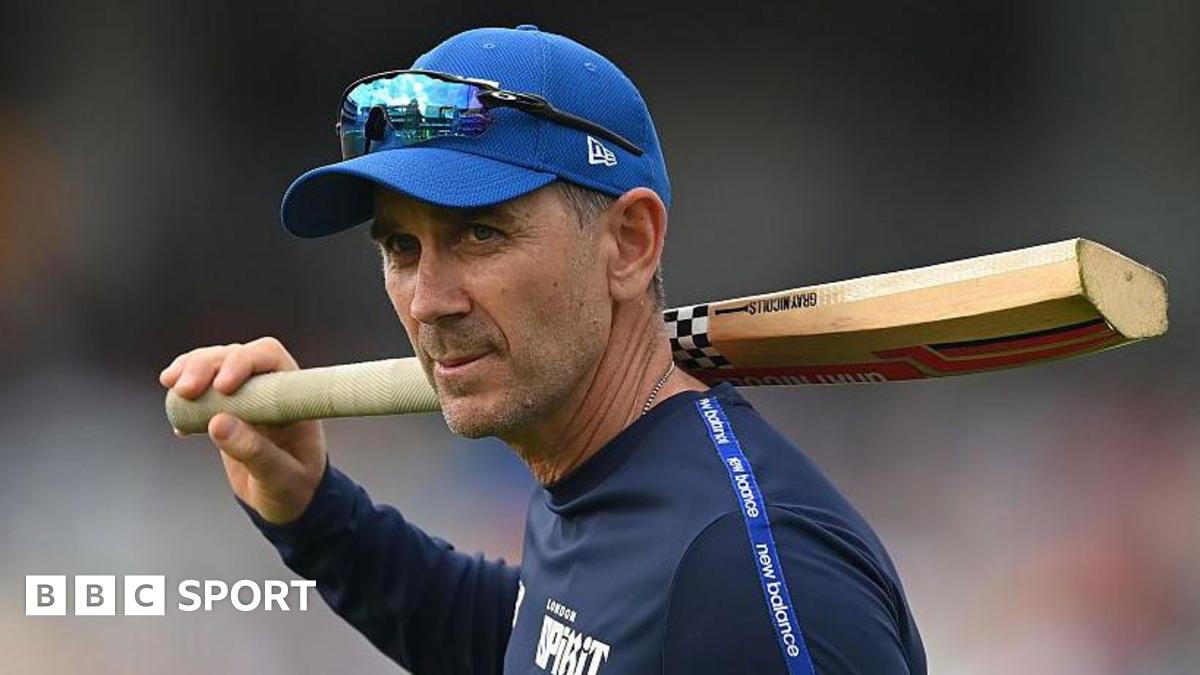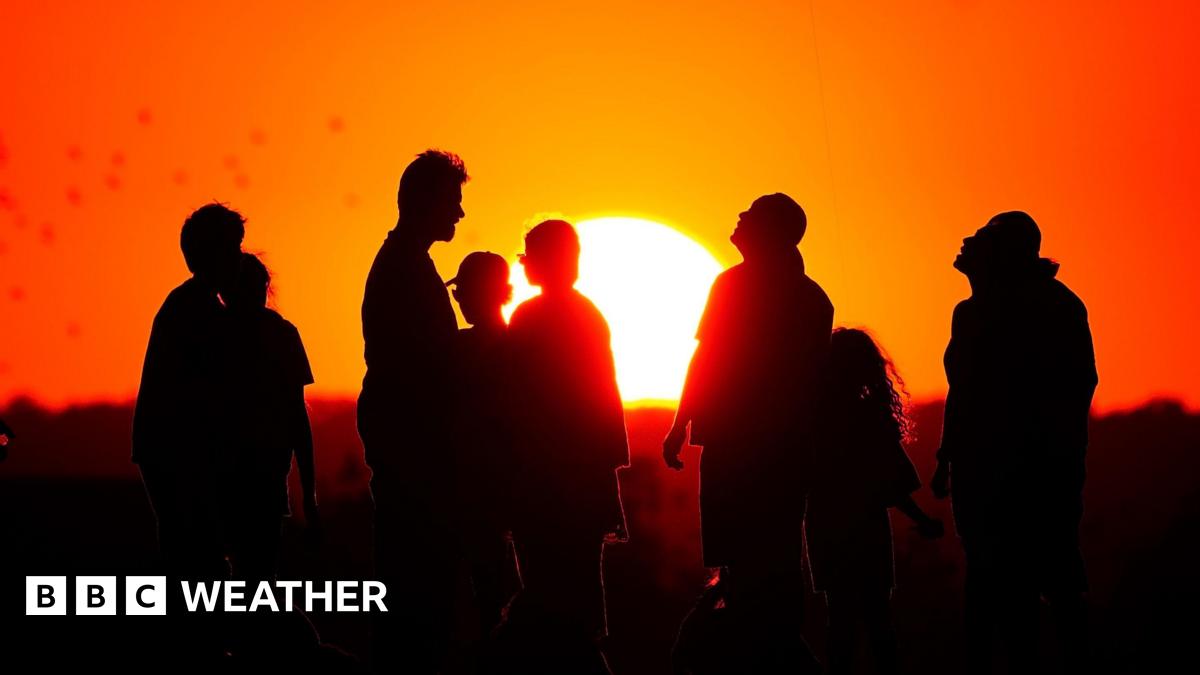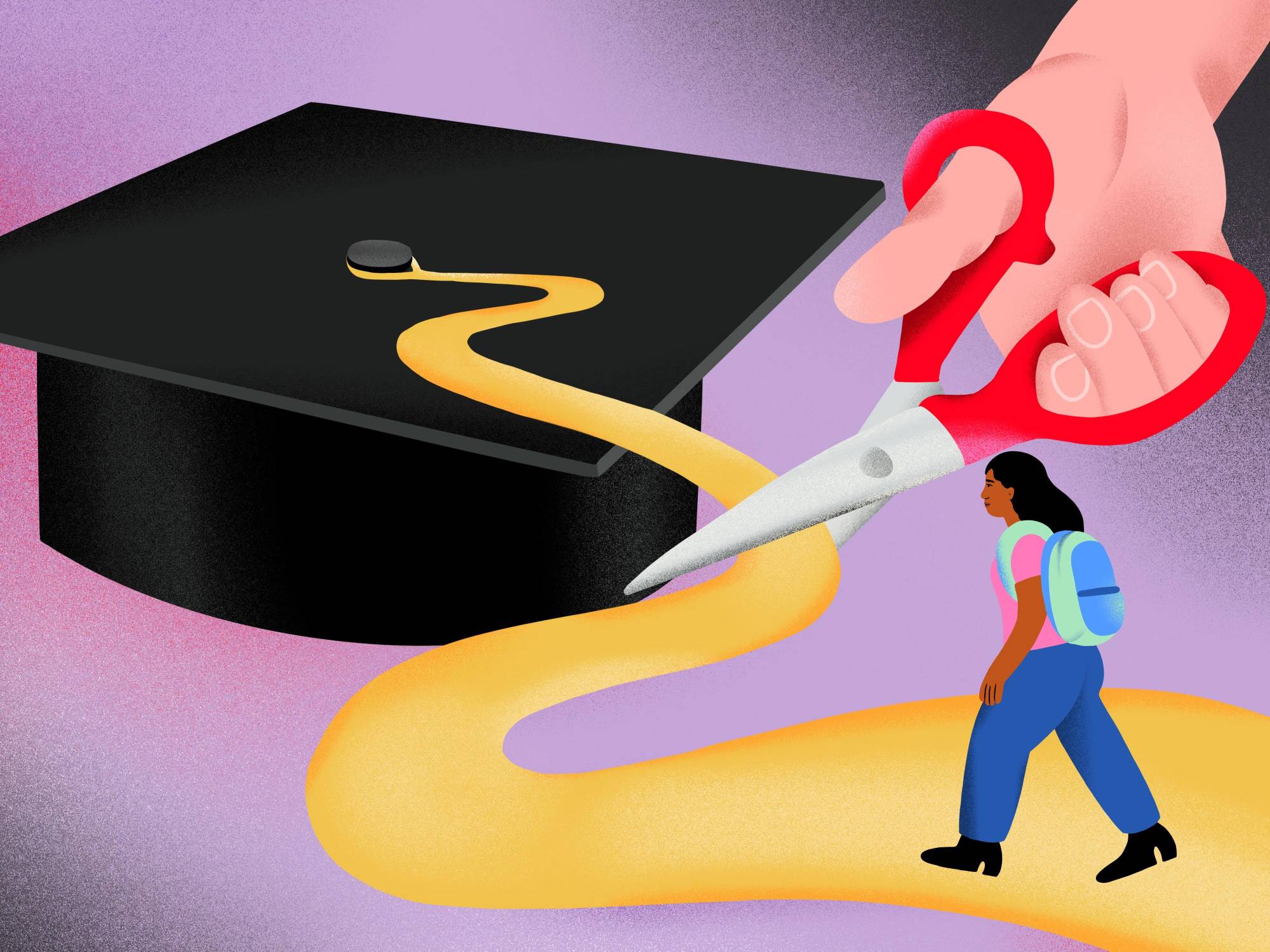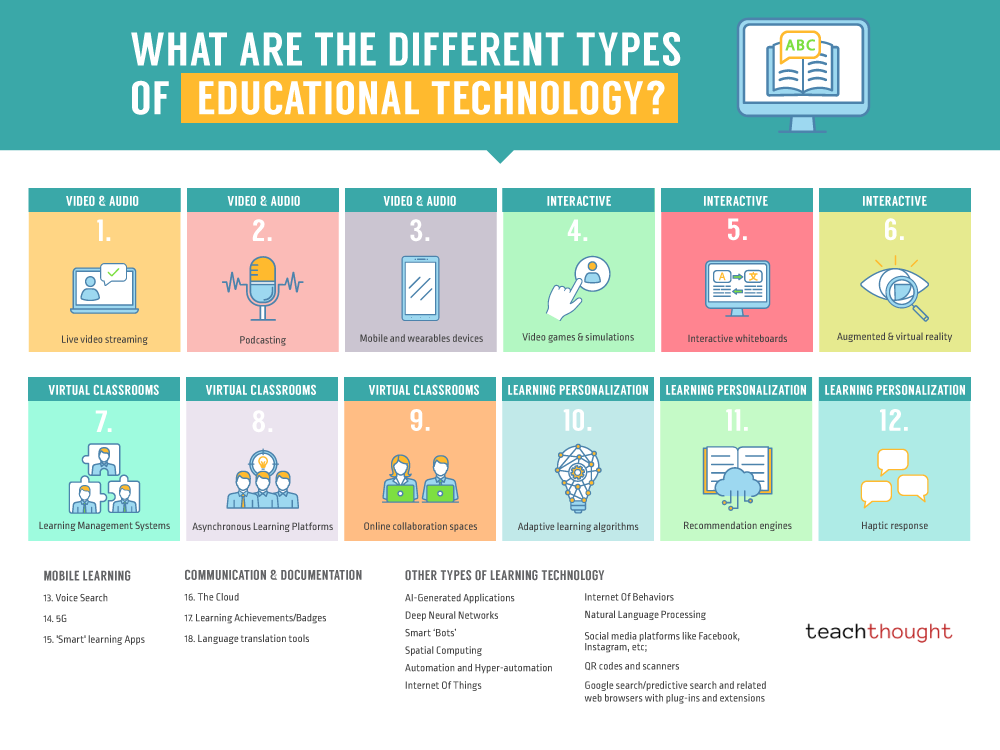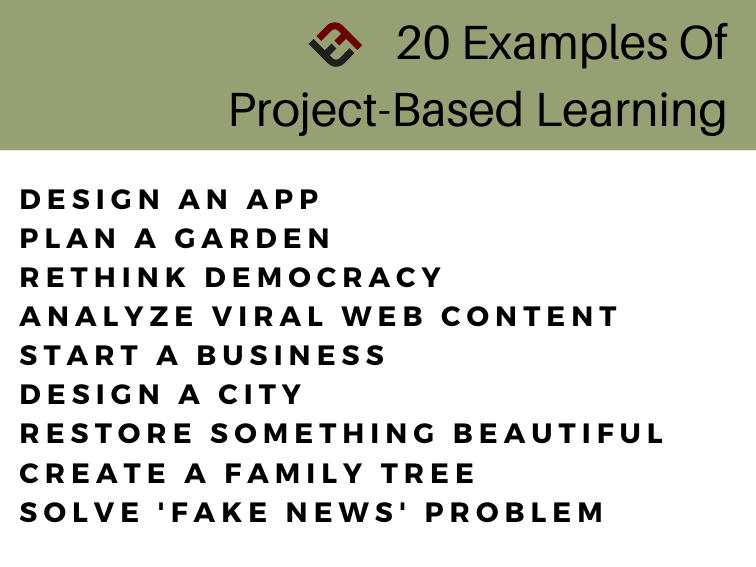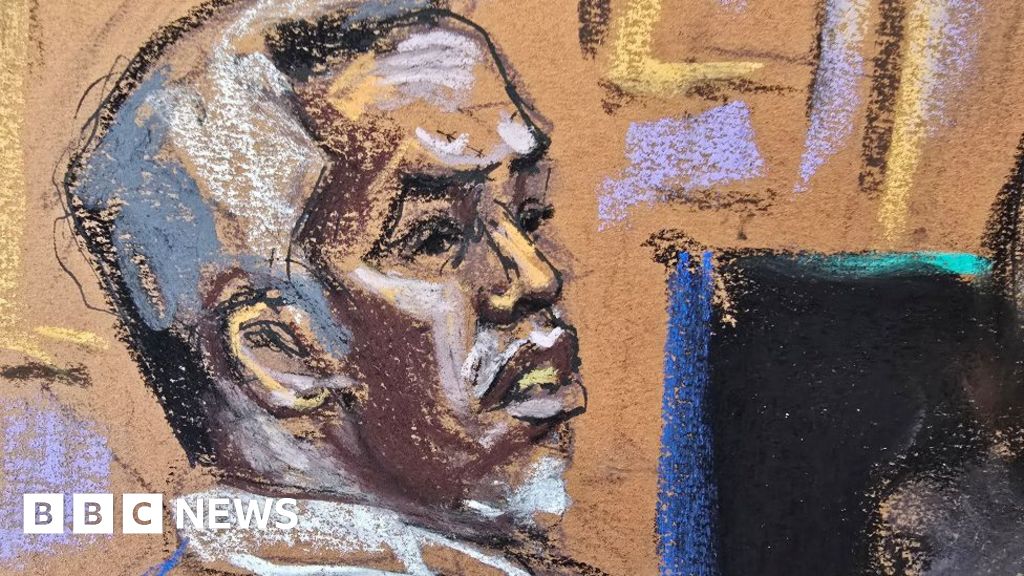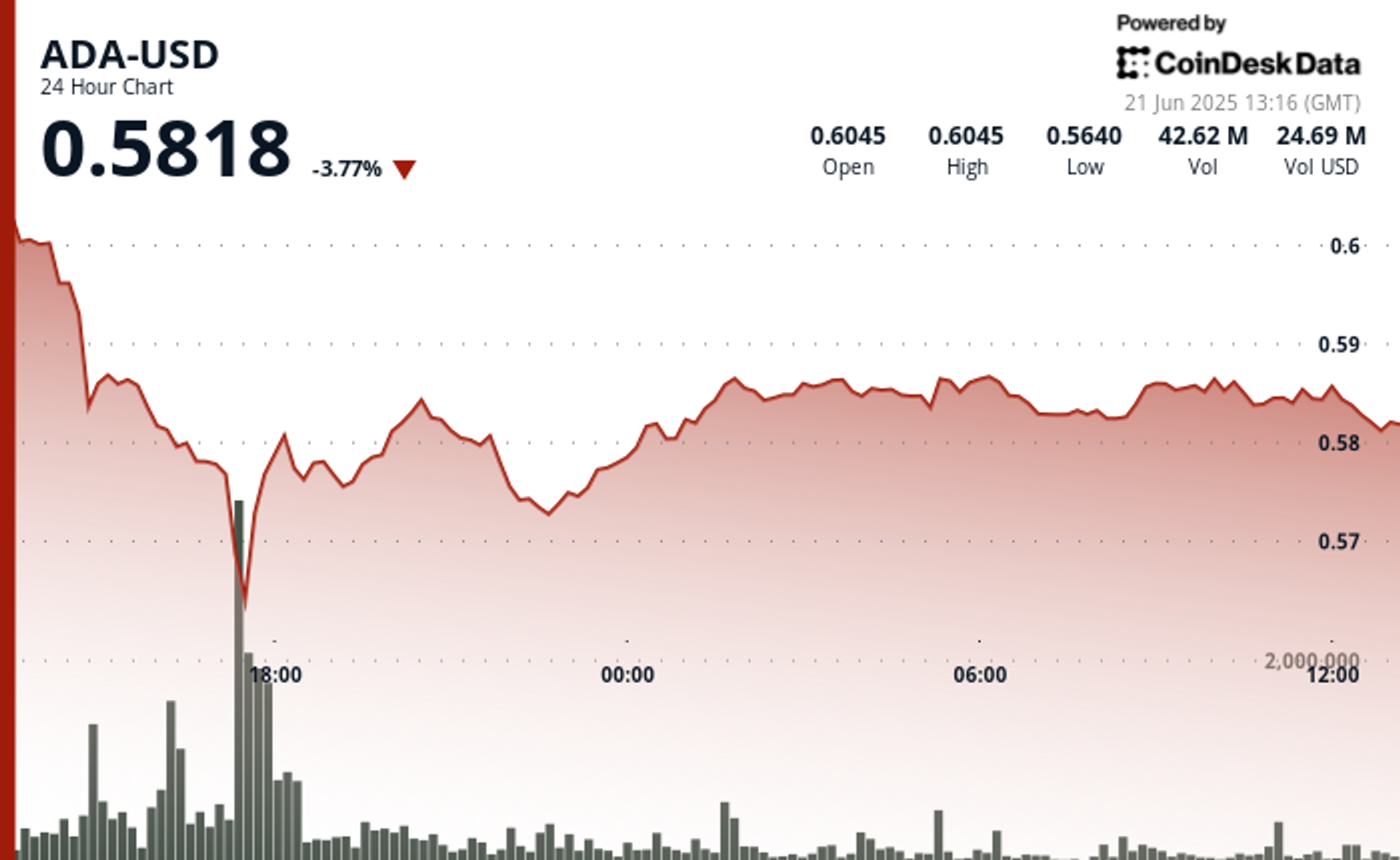Friendship Break Ups Can Be Devastating for Tweens. Here’s How Adults Can Help
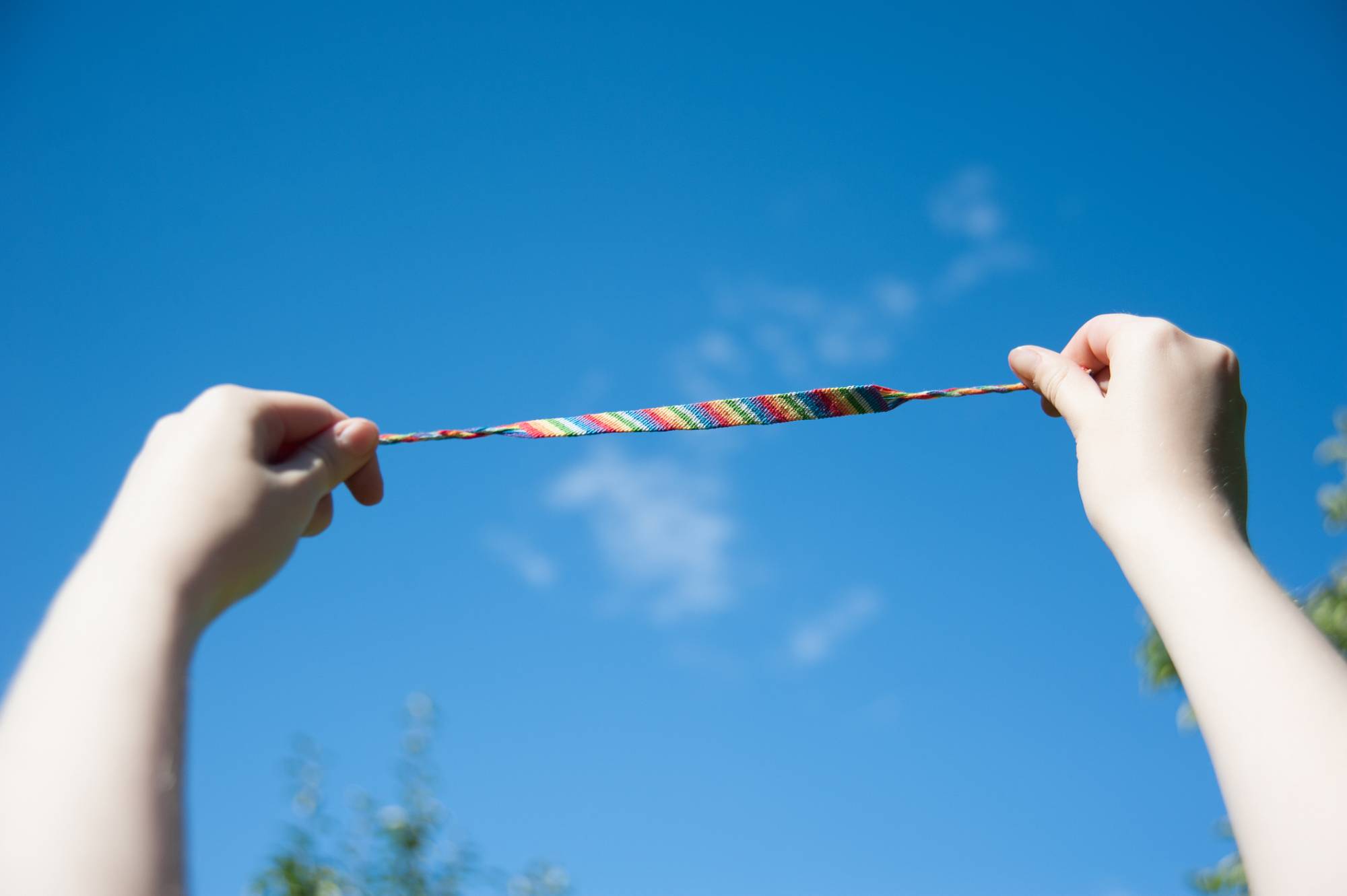
View the full episode transcript.
Leanne Davis, a researcher at Education Northwest, found out her 10-year-old son had made a sad playlist to cope with his best friend moving away. He’d listen to it at night and cry himself to sleep. “It just kind of crushed me,” she said.
Davis had known the transition would be tough, but she hadn’t realized just how deep the loss would feel. Like many adults, she underestimated how intense childhood friendships – and their endings – can be.
Friendship “breakups” are a common part of growing up. One study of sixth graders in the Los Angeles Unified School District found that two-thirds of students changed friend groups between September and June. These shifts often happen during big transitions, like starting middle or high school or developing new interests. But just because they’re common doesn’t mean they’re easy, especially during adolescence, which neuroscientists define as the period from age 10 to 25.
Science journalist Lydia Denworth has spent years researching how friendships develop across the lifespan. She says the adolescent brain is especially tuned into social dynamics. “Friendship is everything,” she said. “When it’s going well, that matters hugely. And when it’s going badly, sometimes they can’t think about anything else.” Different situations call for different kinds of support. Denworth offers insights on how adults can show up thoughtfully when friendships shift.
Talk About Friendship Early
Denworth encourages adults to be proactive about supporting kids’ friendships. That means talking about what healthy friendship looks like even when everything seems fine. “We ask about their grades, we ask about their activities,” she said. “We should be talking about [friendship] at least as much as we’re talking about what you got on your math test.”
Friendship is a skill set, according to Denworth, and kids don’t automatically arrive with all the tools they need. A healthy friendship, she added, is positive, long-lasting and cooperative with mutual kindness, emotional support and reciprocity.
At Martin Luther King Jr. Middle School in Berkeley, restorative justice counselor Chau Tran tells students early in the school year that she’s available to help with friendship issues. She’s learned that small miscommunications can quickly snowball. Support from adults can help students express themselves clearly and set better boundaries.
“At this age, they’re still kind of learning how to navigate a conflict. They’re still figuring out how to speak their truth while also learning how to sit and actively listen,” Tran said.
When a Kid Is Going Through a Breakup
If a child is being broken up with, it’s natural for adults to want to fix it. But Denworth says the best thing adults can do is slow down and validate the hurt. She noted that there is a tendency to minimize the pain, but developmentally their brains are responding to this social change differently than adults. “knowing that should help us have more empathy,” said Denworth. “I’d say, ‘Yeah, this really hurts.’ And then just let it. Let it hurt, but be there.”
It’s necessary for kids to go through these experiences as part of the growing up process. Where adults can be helpful is by providing some context and talking about the fact that there will be a lot of change in friendships over time, according to Denworth.
Saachi, a 14-year-old in Menlo Park, experienced a painful friendship fallout during her freshman year. “I just noticed they were giving signs that they just didn’t want to hang around me,” she said. Saachi was sad and confused, but she appreciated how her mom helped by staying calm and sharing similar stories from her own life. She encouraged Saachi to connect with other students.
“I made a lot of new friends in high school. And I’m glad I was able to branch out because of those friendship breakups,” Saachi said.
When Your Kid Is the One Ending Things
Friendship breakups can also be hard for the person doing the breaking up. Isabel, 17, ended a friendship in high school. “When this friend got more comfortable with me, they started showing more concerning signs,” Isabel said, adding that their friend would do things without caring about consequences. “That’s where I was like, I’m not comfortable with that.”
Isabel didn’t talk to an adult about it because they had bad experiences with adults brushing it off in the past. They sent a text to end the friendship, then wrestled with guilt and doubt for weeks.
Denworth said that’s where parents can help—not by deciding whether a friendship should end, but by helping kids think through how they’re ending it. She recommends that parents check in with kids about whether they are being kind when they break things off with a friend. “That doesn’t mean feelings won’t get hurt. But there’s no need to be unnecessarily nasty,” Denworth said. “And I do think it’s really important for parents to set some ground rules about how we treat other people.”
If you have more time, you can plan
Leanne Davis’s son is facing another friend’s move this year, but this time, she’s planning ahead. Knowing her son and how deep his reactions were when his last friend moved away is making her think about ways that she can support him during what she knows will be a hard transition. “We’re just trying to make sure that we’re building in a lot of time for them to be together,” said Davis.
She is helping her son and his friend make time to create things so that they both have tangible memories of the friendship. Additionally they are planning for what her son might send his friend when the friend moves away. “So that when he sees it, it reminds him of him and reminds him of the joy in their friendship,” added Davis.
She is also ensuring lines of communication like texting or online messaging are established so that her son and his friend can communicate after the move, even if their communication eventually peters out.
Like so many parents, Davis is figuring out how to walk the line between supportive and overbearing. So far, there is no perfect formula. “We need to be prepared to support him and who he is and the reactions that he’s going to have,” said Davis.
Episode Transcript
Nimah Gobir: Welcome to MindShift where we explore the future of learning and how we raise our kids. I’m Nimah Gobir. Think back to when you were a kid—did you ever have a good friend move away? One day you’re hanging out at recess, planning your next sleepover, and then suddenly… they’re just gone. No more playdates, No more inside jokes, and no say in the matter. How unfair is that?
Nimah Gobir: Leanne Davis, a parent in Washington State, watched her 10 year old son go through exactly that not too long ago WHEN His good friend moved to Spain. To Leanne’s surprise, her son grieved.
Leanne Davis: He made himself a sad playlist on Spotify. He listens to his playlist when he’s feeling like just really in his emotions about his friend and like his friend leaving.
Nimah Gobir: She caught him listening to it at night, crying himself to sleep.
Leanne Davis: It just kind of crushed me and then I realized like how important this these friendships were and it actually wasn’t something that we were talking about.
Nimah Gobir: Today on MindShift, we’re diving into the ups and downs of friendship breakups—and how the adults in kids’ lives can help them navigate it. We’ll hear from Leanne, researchers, and teens about how to strike the right balance. All that after the break.
Nimah Gobir: When a kid loses a friend, it can feel heartbreaking—for them and for the parent trying to support them. But these shifts in friendship are not only common they are actually expected.
Nimah Gobir: Science journalist Lydia Denworth has spent years researching how friendships develop and function throughout all stages of life. She says that friendship during adolescence — a period neuroscientists define as spanning ages 10 to 25 — is especially unique.
Lydia Denworth: In adolescence in particular, the brain is. Undergoing a lot of change. Most of which makes you far more attentive to social cues, to friendship, to what everybody else is doing, what they might think of you. And it’s just it’s all about friends, friends, friends, friends, friends, basically.
Nimah Gobir: That hyper-focus on friends is biological. And it’s a growing up process.
Lydia Denworth: We want adolescents to begin to explore life outside their immediate family. We want them to learn to be independent and to take some risks.
Lydia Denworth: And the focus on friends and the importance of their social lives is part of that. It’s finding their way in the larger social world and making sense of their own identity within that.
Nimah Gobir: It’s common for students to go through big friendship breakups when they are going through a school transition.
Lydia Denworth: One of the studies that I think is most surprising was done with thousands of middle schoolers in the Los Angeles School Unified School District, and they found that two thirds of sixth graders changed friends from September to June.
Nimah Gobir: Kids make friends where they spend their time—on the soccer field, in the band room, at robotics club. And as interests change, friendships can too.
Lydia Denworth: When kids are going through it, or if you went through that in sixth grade or seventh grade, you thought it was only you, right? That was that was losing your friends or feeling at sea a little bit or getting interested in—maybe you’re the you were the kid or your kid is the one who is seeking out the new relationships. But the the really important message is just how normal that is.
Nimah Gobir: Saachi, a 14 year old from Menlo Park, had a close knit group of friends when she started high school
Saachi Kaur Dhillon: We had come from middle school we all knew each other so we were just like, okay, like we’re gonna stick together.
Nimah Gobir: A few months into the school year, something shifted.
Saachi Kaur Dhillon: I just noticed like they were giving signs that they just didn’t want to hang around me.
Saachi Kaur Dhillon: They would be talking to people and then i would try to talk to them, and be like oh hey like what would we like just like telling them about stuff that happened um throughout the school day and then they would just like look at me like oh yeah whatever like uh-huh uh-uh and like quickly like turn away and like dismiss me constantly and i was just like they didn’t really acknowledge my presence anymore. It was as if like I just wasn’t really there.
Nimah Gobir: It was especially painful because their friendship had once felt effortless—full of energy and care.
Saachi Kaur Dhillon: We used to like talk so much like if we had if like one of us had something to say like we would sit there we’d listen we’d have like so much to say about the other person’s like story.
Nimah Gobir: When that dynamic disappeared, it left Saachi feeling something she didn’t expect.
Saachi Kaur Dhillon: I was kind of sad, but I was more so confused.
Saachi Kaur Dhillon: I would have liked to know what they were thinking.
Saachi Kaur Dhillon: If they had just talked to me you know maybe we would have still been friends i don’t know.
Nimah Gobir: In Saachi’s case, she was left to piece together what went wrong. In other cases, ending the friendship is a conscious choice. Isabel Daniels, a 17 year old, shared their story
Isabel Daniels: I met this friend like pretty much in like middle school.
Isabel Daniels: This friendship, it’s, like, Oh, someone finally understands me and like, we finally see each other.
Nimah Gobir: Isabel was drawn to their friend’s free spirit—the way they didn’t seem weighed down by other people’s opinions.
Isabel Daniels: When this friend got more comfortable with me, they started showing more like…concerning signs, like that lack of care for how society thinks it’s like a double edged sword and so it’s nice in a way that like, oh, you’re free from these and expectations, but also you don’t. Like you don’t care about consequences, which can lead to a lot of like dangerous behavior. And that’s where I was like, I’m not like comfortable with that. Just because I also don’t like being labeled or having a lot of expectations put on me, it doesn’t mean I’m want to go out of my way and be like a menace in like a not fun and silly way
Nimah Gobir: What began as carefree fun started to feel unsafe. Isabel knew they needed to end the friendship.
Isabel Daniels: It’s like fun while it lasts, but then you realize that fun comes with a cost.
Nimah Gobir: When the time came to break things off, Isabel didn’t feel like they could do it in person.
Isabel Daniels: I unfortunately broke up with this friend over text, blocked their number and then didn’t look back after that which only added to the guilt, because I didn’t give this friend a chance to explain, to give their piece. Like we didn’t have a conversation. I just like sent it, blocked, and then tried to move on.
Nimah Gobir: Isabel was certain the friendship needed to end, and they haven’t talked to the friend since, but they were left with lingering questions.
Isabel Daniels: What if, like, what would this person say? Could have things been different if we both just talked?
Nimah Gobir: Even though Isabel was grappling with some big questions, they did not reach out for support.
Isabel Daniels: I was very against asking help, especially from adults.
Nimah Gobir: To Isabel, adults didn’t feel like a helpful option. They worried they wouldn’t be understood, or that the advice would miss the nuance of what they were going through.
Isabel Daniels: Things tend to be watered down when you are talking to someone older than you because they view you as like oh you’re just not like fully mentally developed you just haven’t um seen life enough and that this is just part of that, but these are significant moments in our life.
Nimah Gobir: They had memories of adults falling short when it came to helping with friendships. For example, Isabel has this story from when they were younger
Isabel Daniels: I was telling an adult that this kid was being a bit too rough with me when we were playing. This kid was a boy so you know what the adults told me? Oh that just means he likes you.
Nimah Gobir: Lydia Denworth, the science journalist we heard from earlier, has some helpful insights about where adults often go wrong—and what they can do instead. She recommends adults have conversations with kids about friendship before things go wrong.
Lydia Denworth: We should be talking about that at least as much as we’re talking about what you got on your math test or, you know, whether you got the main lead role in the musical.
Lydia Denworth: We ask about their grades, we ask about their activities and what they’re doing. And we put pressure on those things and we want to know about their friends too, but what we don’t realize is that
Lydia Denworth: We can help kids understand that friendship is a set of social skills and that it is those are skills that we benefit from practice and that kids don’t necessarily come into the world having all of them ready to go.
Nimah Gobir: Defining what a good and healthy friendship looks like early on can not only help them have stronger friendships, but also better romantic and family relationships.
Lydia Denworth: A really good quality friendship has three things. It’s long lasting, it’s positive and it’s cooperative. So that means that a good friend is a steady, stable presence in your life. They make you feel good. So they’re kind. They say nice things.
Lydia Denworth: And then the co operative piece is the reciprocity, the the back and forth, the helpfulness, the sort of showing up and listening and and not having a relationship that’s lopsided.
Nimah Gobir: And just because someone’s been your friend for a long time, doesn’t mean they’re still a good friend.
Lydia Denworth: The longer term relationships we often just sort of stick with because we have that shared history piece. But if they’re not positive any more, if they’re not making you feel better, then they might not be a really healthy relationship.
Nimah Gobir: When a child is experiencing a friendship breakup, Lydia suggests adults resist the urge to fix it.
Lydia Denworth: You can’t necessarily just make it all better.
Lydia Denworth: We need to understand that kids need to go through these experiences and this process. But where adults can be helpful is by providing some context, by talking about the fact that there will be a lot of change in friendships over time.
Nimah Gobir: That also means validating the pain kids are feeling. It’ll be hard, but don’t jump in and convince kids that it isn’t a big deal. Downplaying the situation is well intentioned but it can backfire.
Lydia Denworth: I spoke earlier about how much the adolescent brain is changing. It’s almost at the same level that a toddler’s brain is changing.
Lydia Denworth: The result is that not only are they really primed for social things, but they’re also their emotions are literally heightened.
Lydia Denworth: Friendship is everything. And so when it’s going well, that matters hugely. And when it’s going badly, sometimes they can’t think about anything else.
Nimah Gobir: In other words the feelings that kids are bringing to their social relationships are real for them and they aren’t the same for us adults.
Lydia Denworth: Literally our brains are responding differently and knowing that should help us have more empathy
Lydia Denworth: I’d say, Yeah, this really hurts. You know, I’m. And then just just let it, let it hurt like and, but be there.
Nimah Gobir: And if a child wants to keep talking you can follow their lead by sharing your own experiences with friendship.
Lydia Denworth: Talk about maybe a time that you had a friendship that that fell apart or where somebody got hurt and what you did to mend it if you did or or why you didn’t.
Nimah Gobir: Saachi, the freshman I talked to earlier, told me that she appreciated the way her mom did this.
Saachi Kaur Dhillon: My mom she’s always been a very like calm individual like it takes a lot to tip her over the edge like she’s very like she wasn’t freaking out because she’s had a lot of like life experience.
Saachi Kaur Dhillon: She’s like i had friends like that like i dealt with that and it’s just like she was calm and that made me calm.
Nimah Gobir: When her mom said she’d eventually make new friends who treated her better, Saachi wasn’t so sure. But she tried to talk to new people in her classes
Saachi Kaur Dhillon: She was right, because I made a lot of new friends in high school. And I’m glad I was able to branch out because of those friendship breakups.
Nimah Gobir: If your child is the one ending a friendship, it’s worth checking in—not to control their choice, but to help them think through how they’re doing it.
Lydia Denworth: Are they being kind? Are they being thoughtful? That doesn’t mean feelings won’t get hurt. But but there’s no need to be unnecessarily nasty.
Lydia Denworth: And I do think it’s really important for parents to set some ground rules about how we treat other people.
Nimah Gobir: Let’s return to Leanne Davis, the mom we heard from earlier. When she saw how hard her son took the loss, she realized she’d underestimated the seriousness of childhood friendships.
Leanne Davis: I moved a lot as an adult. My husband moved a a lot and I think we were tending, it took us a couple steps to be like, well, wait a minute, this is this kid and this kid is very different than other kid and. very different than maybe how we would do this. I need to be prepared to support him and who he is and like the reactions that he’s going to have.
Nimah Gobir: This year another one of her son’s friends is moving away. And …this kid can’t catch a break…his friend is moving to Australia. But this time, Leanne is thinking about it differently.
Leanne Davis: Now, knowing that this is happening and this is gonna be really rough we’re just trying to make sure that we’re building in a lot of time, for them to be together.
Nimah Gobir: She’s helping him make memories—something tangible to remember the friendship by.
Leanne Davis: Finding ways to like document some of their memories and things they’re doing together. Like he and I are planning for what would he like to send his friend when his friend leaves, or something that he’d like to make that, you know, that when he sees it, it reminds him of him and reminds him of like the joy in their friendship.
Nimah Gobir: And she’s also planning for what happens after the move.
Leanne Davis: He does text his friends, like on, he can like message him from the computer. So making sure that they’re able to communicate that way. and that it’s established before they leave, knowing that it may eventually fade out, but that that’s a way for them to know that they can get in touch with each other.
Nimah Gobir: Like so many parents, Leanne’s figuring out how to walk the line between supportive and overbearing.
Nimah Gobir: And maybe that’s the real work of showing up for kids—not having the perfect response, but staying close enough to notice what they need, and giving them space to figure the rest out themselves. Because in the end, friendship breakups are just part of growing up. But having someone who sees you through it can make all the difference.
What's Your Reaction?
 Like
0
Like
0
 Dislike
0
Dislike
0
 Love
0
Love
0
 Funny
0
Funny
0
 Angry
0
Angry
0
 Sad
0
Sad
0
 Wow
0
Wow
0
